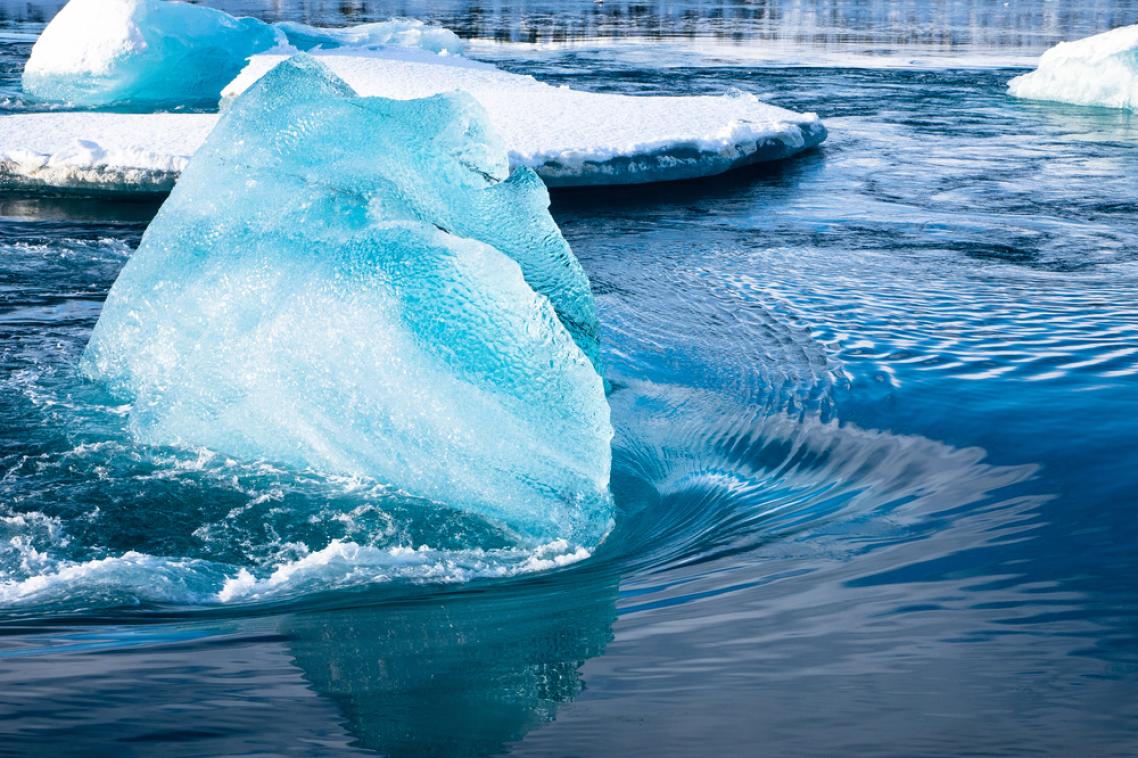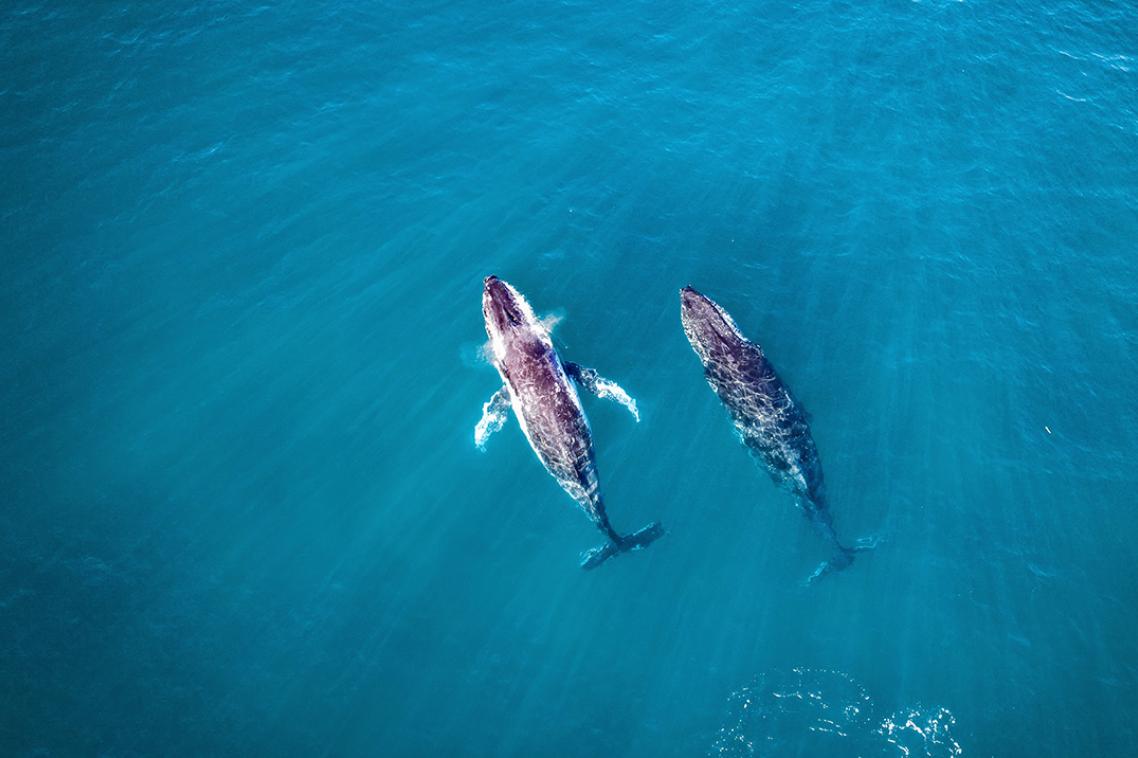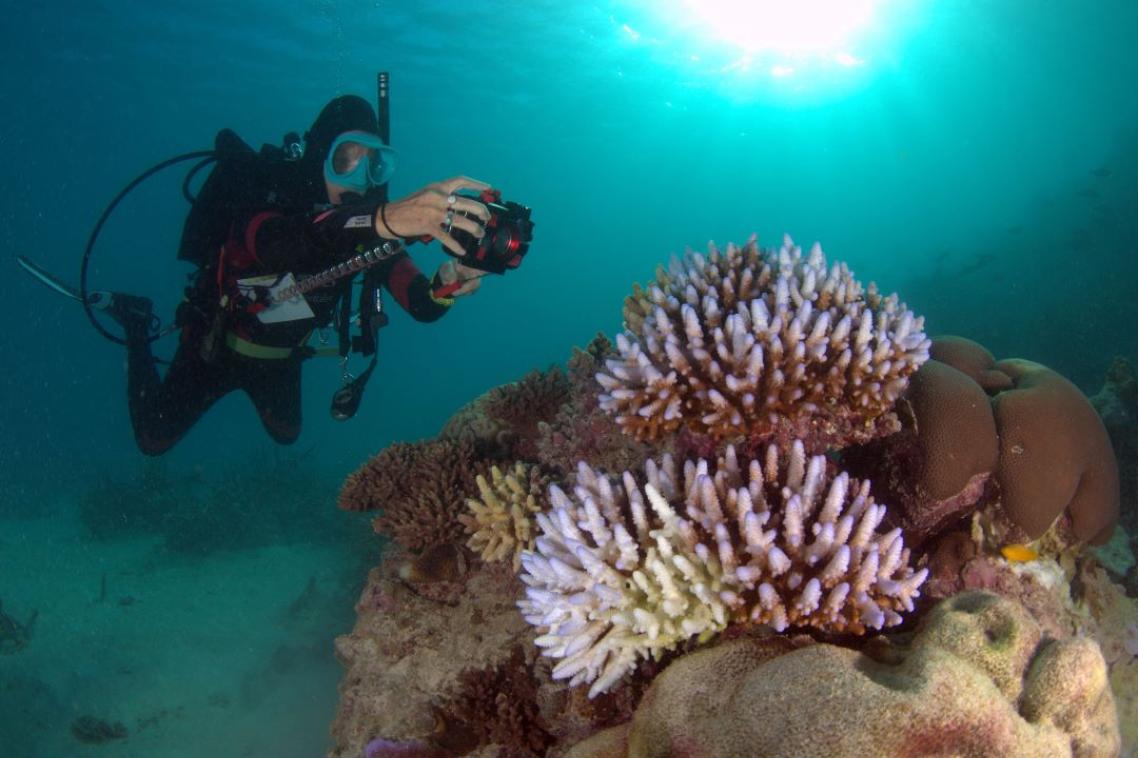Blind study fails to support deniers

Would politician Pauline Hanson have committed to “exposing the false claims” of climate change if environmental data were presented to her as the profit margins of a business?
Following Saturday’s Australian federal election, Ms Hanson said her One Nation Party colleague Malcolm Roberts had “all the answers to this climate change BS we are being fed”.
University of Queensland School of Psychology researcher Dr Timothy Ballard recently completed a study that translated climate change trends into economics and demographics.
“For instance, we took the figures for the shrinkage of Arctic Sea ice and turned it into a profit statement of the fictitious Supreme Widget Corporation,” Dr Ballard said.
“In other tests we presented environmental data as if it related to a trade surplus, the population trends of rural towns, agricultural output, world lithium production, and global currency trade.
“In a blind test, economists and statisticians were then asked if they agreed with statements made about the trends of each situation.
“The idea is that climate change is so politicised that we need to decontextualise our statements so that people’s arguments are based not purely on politics, but on data instead.”
In the instance of comparing Arctic ice to the fictitious Supreme Widget Company, 52 participants had to say whether ‘profits’ (ice levels) between 1989 and 2009 had consistently decreased or had returned to health.
Data from the National Snow and Ice Data Center, used by both climate change deniers and believers, formed the basis of the question about Arctic ice.
The 22 economists who participated in the research held a minimum of a Master’s degree, while 30 statisticians were sourced from a university department of maths in England and an online bulletin board dedicated to statistical issues.
“In general, participants rated popular arguments by climate change deniers as misleading if applied to a profit-and-loss statement or the other forms of data we presented to them,” Dr Ballard said.
“It was shown that contrarian claims about climatological variables do not withstand scrutiny in a blind test across two groups of experts and six different scenarios.
“We found that climate change deniers tend to cherry pick particular data.
“You can say that ice levels in 2009 returned to and surpassed the levels of 1989, but only for the month of April. It doesn’t work for any other month or year.”
Dr Ballard worked with European researchers Professor Stephan Lewandowsky, Professor Klaus Oberauer and Dr Rasmus Benestad on the study, published in the journal Global Environmental Change.
Media: Dr Timothy Ballard, t.ballard@uq.edu.au, +617 3346 9506; Robert Burgin at UQ Communications, r.burgin@uq.edu.au, +617 3346 3035, +61 448 410 364.
Related articles

Decades of surveys show whale migration shift

Thousands of Queensland reef photos lead to worldwide change
Media contact
UQ Communications
communications@uq.edu.au
+61 429 056 139
